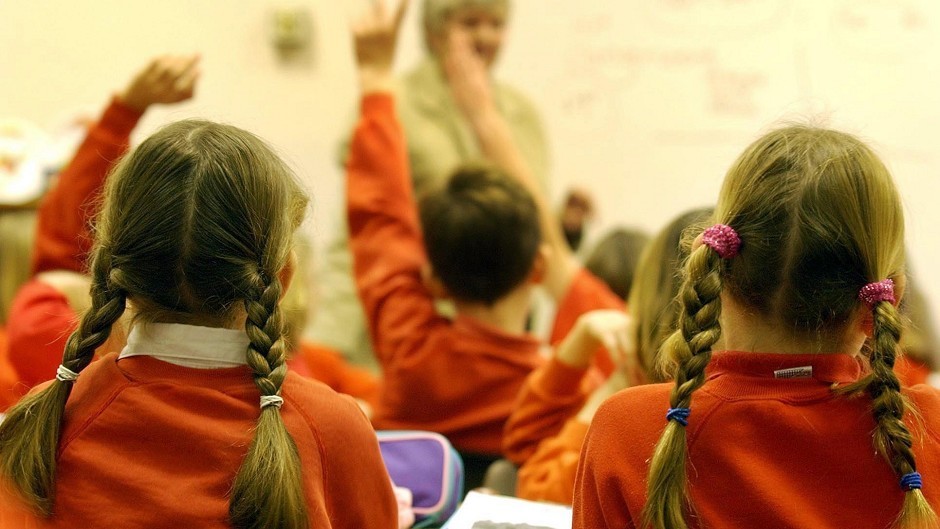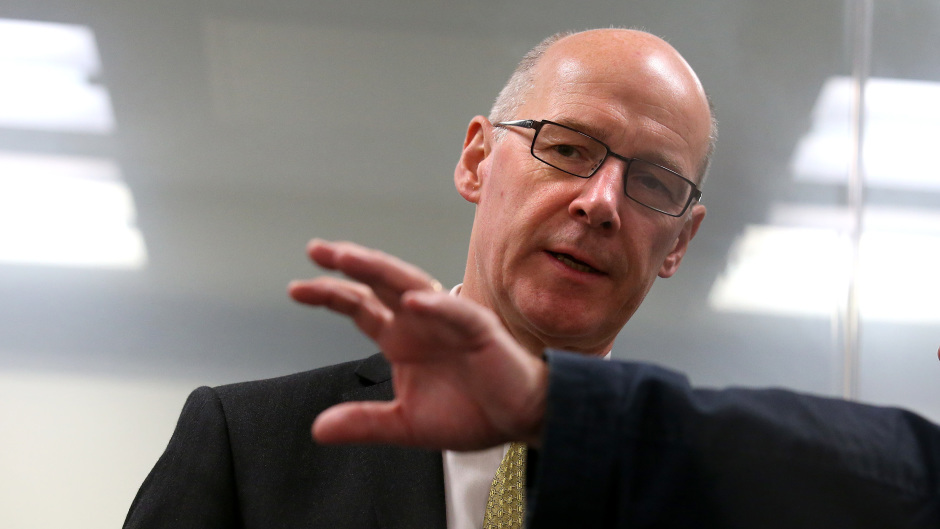Judges at the Supreme Court have today blocked the Scottish Government’s controversial ‘Named Person’ scheme, branding aspects of it “unlawful”.
Dubbed the “State Snooper” scheme, the Named Person law has endured many months of hostility from the public, and hard questions for the First Minister Nicola Sturgeon and her Deputy, John Swinney.
The scheme sought to appoint a state official for every child in Scotland to monitor their ‘wellbeing’ – defined as “happiness”. This included powers to access and share private data on children and parents, and to provide ‘advice’.
One government-funded leaflet said Named Persons would even check whether a child was given a say in what they watch on TV.
Top UK judges today unanimously ruled part of the 2014 legislation is incompatible with Article 8 of the European Convention of Human Rights in relation to family life and privacy because of its information sharing provisions in one part of the Act.
In one devastating line from the judgement, the Supreme Court justices observed: “The first thing that a totalitarian regime tries to do is to get at the children, to distance them from the subversive, varied influences of their families, and indoctrinate them in their rulers’ view of the world.” [Paragraph 73]
However, the court said the aim of the Act was “unquestionably legitimate and benign” overall.
The judgement ruled that the principle of providing a named person for every child does not breach human rights and is compatible with EU law and rejected a claim the legislation relates to reserved matters.
The justices said the Scottish Government must change its information-sharing provisions regarding the scheme so that they are compatible with Article 8 of the European Convention on Human Rights.
As presently drafted, they would risk breaching regulations protecting privacy and confidentiality of families and children. Judges have given the Scottish Government 42 days to rectify their legislation.
Justice of the Supreme Court Lord Hodge delivered the court’s verdict.
He said: “We reach two conclusions: First, the information-sharing provisions of the 2014 Act are incompatible with the rights of children, young persons and parents under article eight of the European Convention on Human Rights.
“Secondly, this provisions may in practice result in disproportionate interference with those rights, with limited safeguards available to individuals affected. As presently drafted, they are at risk of placing those tasked with delivering the scheme on the ground in breach of importance regulations protecting privacy and confidentiality”.
Deputy First Minister John Swinney said the Scottish Government would continue to work with key public services and children’s charities to roll out the scheme and claim the ruling vindicated the proposals.
He said: “I welcome the publication of today’s judgement and the fact that the attempt to scrap the named person service has failed.
“The Supreme Court has stated that the aim of the legislation, in promoting and safeguarding the well-being of children and young people, is ‘unquestionably legitimate and benign’. It makes clear that the principle or providing a named person to support children and families does not breach human rights.”
The appeal was heard by Lady Hale, Lord Wilson, Lord Reed, Lord Hughes and Lord Hodge. Scottish judges Lord Reed and Lord Hodge co-wrote the judgment with the Deputy President of the Court, Lady Hale.
Key extracts from the judgement:
“The first thing that a totalitarian regime tries to do is to get at the children, to distance them from the subversive, varied influences of their families, and indoctrinate them in their rulers’ view of the world. Within limits, families must be left to bring up their children in their own way.” [Paragraph 73]
“…there must be a risk that, in an individual case, parents will be given the impression that they must accept the advice or services which they are offered, especially in pursuance of a child’s plan for targeted intervention under Part 5; and further, that their failure to co-operate with such a plan will be taken to be evidence of a risk of harm. An assertion of such compulsion, whether express or implied, and an assessment of non-cooperation as evidence of such a risk could well amount to an interference with the right to respect for family life which would require justification under article 8(2). Given the very wide scope of the concept of ‘wellbeing’ and the SHANARRI factors, this might be difficult. Care should therefore be taken to emphasise the voluntary nature of the advice, information, support and help which are offered under section 19(5)(a)(i) and (ii) and the Guidance should make this clear.” [Paragraph 95]
“In summary, we conclude that the information-sharing provisions of Part 4 of the Act … (b) are incompatible with the rights of children, young persons and parents under article 8 of the ECHR because they are not ‘in accordance with the law’ as that article requires, (c) may in practice result in a disproportionate interference with the article 8 rights of many children, young persons and their parents, through the sharing of private information…” [Paragraph 106]


